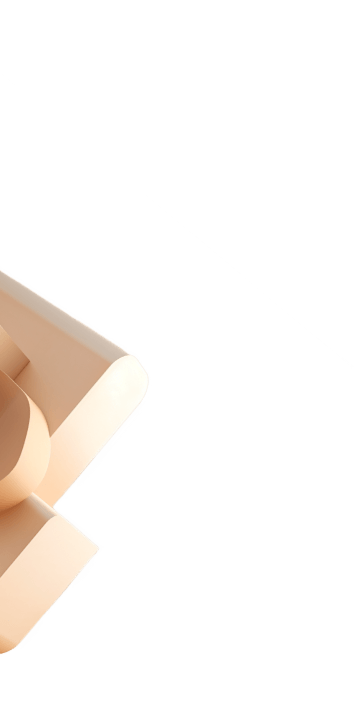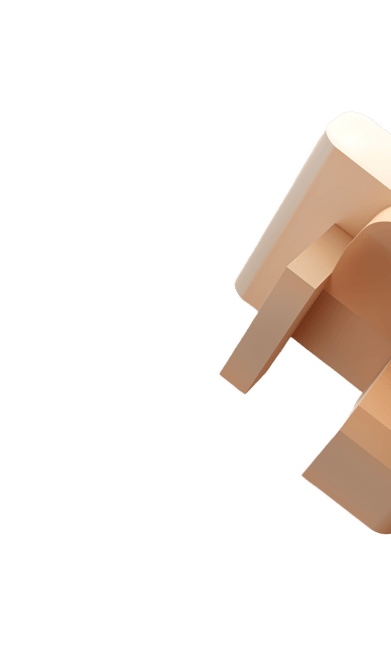Freehold vs. leasehold
Find out differences between freehold and leasehold as well as the pros and cons. Plus, we tell you how you can buy the freehold of your home.
What is freehold and leasehold?
Freehold and leasehold are 2 different forms of home ownership.
Whether your property is leasehold or freehold makes a big difference to what you can do to, and in, your home.
It’ll also determine if there are extra costs to pay for your home.
This applies in England and Wales. Laws in Scotland may be different for 'Feuhold' homes.
Freehold
Being a freeholder means you own your home and the land it stands on.
There’s no time limit on how long you own a freehold.
The property is “free from hold” from anyone else except you, the owner.
Leasehold
As a leaseholder, you own your home for as long as the freeholder (or landlord) agrees in your lease agreement.
The freeholder will own the land your property stands on and has certain powers over it.
Freehold vs. leasehold
Freehold
Freehold is usually preferred when you buy a house. This is because you own the building and land it’s on for as long as you like.
If you own a freehold house, you can pretty much do what you like to it, subject to the law. Because there’s no lease, you do not have to:
pay ground rent
worry about the lease expiring
be bound to a freeholder’s rules
If you own a freehold property it’s your responsibility to maintain the building.
Leasehold
Leases often start at 99, 125 or 999 years.
When the time on a lease falls to 0, ownership of the property goes back to the freeholder.
The leaseholder and freeholder's rights and responsibilities are set out in the lease.
Leases differ from building to building.
The lease will say what you can and cannot do in your property.
Some leases do not allow you to:
sublet the property
keep pets
install a satellite dish on your wall
Most leasehold properties are flats. But some houses are sold as leasehold too.
If you’re a leaseholder you'll pay:
a yearly ground rent for the land the building sits on
service charges for the upkeep of the communal areas like the roof, stairwell and garden
You may have to pay extra costs to a solicitor when mortgaging or remortgaging for their work checking the lease.
The freeholder decides how much you’ll pay.
Ground rent and service charges can be a big extra costs if you’re a leaseholder. Especially on new build flats with large communal spaces.
If you do not pay ground rent or service charges your lease could be terminated. If this happens the ownership of your home will go back to your freeholder.
It can be harder to get a mortgage if there are less than 70 years on your property’s lease.
If you own a share of freehold home you’re still a leaseholder, but you’ll also own a share of the freehold property.
You’ll have more control over your building. You'll also be responsible for more of the cost of repairs and maintenance.
There are a couple of ways a share of freehold can work. These include:
sharing the freehold between a group of flat owners in the same building. Together they own the freehold and their names will be on the deeds
a company owns the freehold and each tenant owns a share of that company
In both cases, you’ll still be a leaseholder, but you’ll also own a part of the freehold.
Is your house freehold or leasehold?
The deeds to your home will say if your home is freehold or leasehold.
Most houses are freehold. But in the past 10 years developers sold thousands of new build houses as leasehold.
You can also carry out a freehold or leasehold check with the Land Registry.
Make sure you know what it means to own a leasehold
Many buyers have complained that they were not told what it means to own a leasehold in the sales process.
Owning a leasehold can mean that:
you have to pay the freeholder annual ground rent
your ground rate could double later (if your lease allows). This can make the ground rent unaffordable
Some developers told buyers they could buy the freehold to their home later but then sold the freehold to another company.
The government plans to ban the sale of new build houses as leasehold, except in some cases.
Buying the freehold of a house
If you own a leasehold you can ask the freeholder to sell you the freehold.
Your legal rights for this are set out in the 1993 Leasehold Reform Act. ¹ This explains the formal process for buying your freehold.
Going through the formal process protects you more than an “informal” agreement with your landlord or freeholder.
If you own a leasehold house you can buy the freehold using a process called enfranchisement.
To do this you’ll need a:
solicitor with experience in buying the freehold of houses
surveyor who specialises in enfranchisement of houses
Your surveyor will calculate a valuation for buying the freehold of the leasehold house.
The calculation will take into account the:
number of years left on the lease
property’s value – with and without the freehold
annual ground rent
Your surveyor will then negotiate a price with the freeholder.
If they cannot reach an agreement you can take your case to the First Tier Tribunal.
If you own a leasehold flat, you can join with other leaseholders in your block to buy the freehold to your building. This is collective enfranchisement.
At least half of the flats in a block need to be involved for collective enfranchisement to go ahead.
Owning the freehold together gives you more control over how the building is run. It’ll also add value to each flat.
Most leaseholders can apply with other leaseholders for the “right to manage” their building. ² This is under the Commonhold and Leasehold Reform Act 2002.
Right to manage gives you more control over service charges and maintenance work.
But you’ll still have a lease and a freeholder.
Individual flat owners can also extend their lease which will:
increase the value of the flat
reduce the ground rent payable to zero
make the flat easier to sell or mortgage
You can extend a lease on your own, so you do not need to join forces with your neighbours.
It’s best to extend a lease using the formal process set out in the 1993 act.
This will extend your lease by 90 years and reduce your ground rent to 0.
You’ll have to pay the freeholder to extend your lease. How much you pay depends on the:
number of years left on the lease
property’s value (with and without the lease extension)
annual ground rent
You’ll need a specialist surveyor and a solicitor with experience in lease extensions to extend your lease.
You’ll also need to pay your freeholder’s costs.
Your freeholder may offer you an “informal” lease extension. If you accept, you're not protected by the 1993 act, so it’s rarely a good idea.
Leasehold reform
The government announced changes to leaseholder rights on 7 January 2021.
It’s now easier and cheaper for leaseholders to buy their homes and could save people thousands.³
The changes mean:
leaseholders can extend a lease on a flat or a house by up to 990 years
elderly people will not have to pay ground rent for new retirement properties
ground rent will be capped when a leaseholder extends their lease or becomes the freeholder
If you choose to extend your lease, you will no longer have to pay ground rent to the freeholder. This means you can own your home in full without facing extra costs.
You’ll also be able to use an online calculator to work out how much it’ll cost to buy your freehold or extend your lease.
Before the changes:
freeholders could put up the ground rent. This meant buying or selling the property cost the leaseholder more
people had to pay high ground rents on top of their mortgage
you could often only extend the lease for a house for 50 years, and a flat for 90 years
people had to pay high charges to extend their lease
What is a commonhold?
Commonhold ownership gives each flat owner:
freehold ownership of their home
joint ownership of communal areas
Commonhold was introduced in 2004 as an alternative to leasehold ownership of flats.
A commonhold association, made up of residents, manages the building.
Management is democratic. Each owner has a vote when decisions need to be made.
Commonhold has not really taken off. Less than 20 commonhold developments have been built since its introduction.⁴
Get a mortgage with Better.co.uk today
Better.co.uk is a fee-free mortgage broker
4.8-star Trustpilot rating from over 9,000 reviews
Compare mortgage deals from over 100 lenders
Get matched with the right legal team with SmartBuyer
Fund a big expense with a Homeowner Loan
What people are saying about Better.co.uk...

Important info & marketing claims
You may have to pay an early repayment charge to your existing lender if you remortgage. Your savings will depend on personal circumstances.
Your home may be repossessed if you do not keep up repayments on your mortgage.
*89% of customers will be better off using Better.co.uk rather than going direct with their lender. Read more on our marketing claims page.
We can't always guarantee we will be able to help you with your mortgage application depending on your credit history and circumstances.
Average mortgage decision and approval times are based on Better.co.uk's historic data for lenders we submit applications to.
Tracker rates are identified after comparing over 12,000 mortgage products from over 100 mortgage lenders.
As of January 2023, Better.co.uk has access to over 100 lenders. This number is subject to change.
For buy-to-let landlords, there's no guarantee that it will be possible to arrange continuous letting of a property, nor that rental income will be sufficient to meet the cost of the mortgage.

